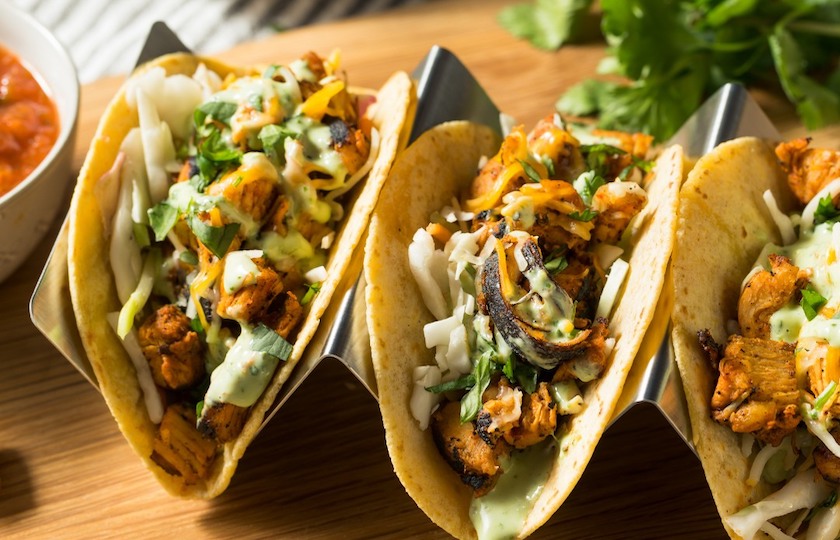Two in five (42 per cent) consumers in a global survey anticipate that people will eat more plant-based alt-meat foods than meat during the coming 10 years.
The survey, by global insight and advisory consultancy GlobeScan, was conducted for Eat, the non-profit organisation “dedicated to transforming our global food system through sound science, impatient disruption and novel partnerships”.
Despite rising food insecurity and increasing prices, 60 per cent of consumers prefer to eat healthy food most of the time. With more than one in five people (22 per cent) following a vegan diet, the number of vegans continues to rise.
Many age groups also enjoy eating plant-based diets, including 40 per cent of Gen Z, 43 per cent of Millennials, 37 per cent of Gen X, and 28 per cent of Baby Boomers, according to the research.
Nine out of 10 consumers clarify the importance of purchasing environmentally healthy and responsible food and 64 per cent are willing to spend more money on this type of food.
The research also points out the significant gaps in Vietnam, Thailand and Brazil between those who are interested in switching to a plant-based foods and those who are already doing so, at 38 per cent, 37 per cent, and 38 per cent, respectively.
Gunhild Stordalen, founder and executive chair of Eat, says the fact that many people around the world are becoming more interested in eating healthy and sustainable food is an encouraging sign.
“A few years ago it would be unthinkable that 42 per cent of people globally would believe plant-based food will replace meat within a decade,” added Gunhild.
“But the public is starting to understand the escalating climate and nature crisis and the dangers it brings to their everyday lives as it intertwines with the pandemic, the war against Ukraine, and the accelerating cost of living crisis. While consumers understand the issues, it is up to everyone else in the food system to act now to help them – access and affordability will play a critical role as the first edition of this report showed last year. Eat-Lancet 2.0 will help to bring the latest science from different fields together to build consensus on targets for healthy, sustainable, and equitable food systems. This is critical to further bending the key trendlines in the right direction.”
Chris Coulter, CEO of GlobeScan, says the research provides insight into how rising food prices, Russia’s invasion of Ukraine, and climate change have exacerbated consumer fears about food insecurity.
“Nevertheless, there appears to be a hopeful shift to more healthy and sustainable eating among consumers. Plant-based diets are on the rise in all regions of the world, and consumers are becoming increasingly aware of the link between climate change and food choices.”
The findings featured in the second edition of the Grains of Truth series, look at the opinions of nearly 30,000 consumers in 31 markets around the world across healthy, sustainable, and equitable food provision.
Additional figures from the findings are:
- 60 per cent of respondents consider food shortages to be a serious problem.
- 92 per cent of the public say the price of their regular food shopping has gone up in the last three months.
- 51 per cent feel less secure about their food supply in the face of Covid-19, conflict, and climate change.
Recommended reading: Plant-based foods need to become a consumer’s first choice, not an alternative.



